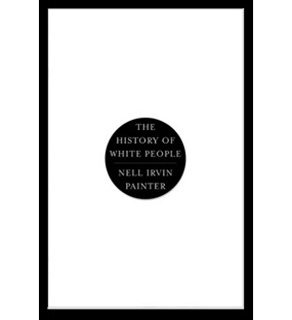Quotations
There have been many authorities who have asserted that the basis of science lies in counting or measuring, i.e. in the use of mathematics. Neither counting nor measuring can however be the most fundamental processes in our study of the material universe—before you can do either to any purpose you must first select what you propose to count or measure, which presupposes a classification.
Roy Albert Crowson
The first step in wisdom is to know the things themselves; this notion consists in having a true idea of the objects; objects are distinguished and known by classifying them methodically and giving them appropriate names. Therefore, classification and name-giving will be the foundation of our science.
Carolus Linnaeus
The ends of scientific classification are best answered, when the objects are formed into groups respecting which a greater number of general propositions can be made, and those propositions more important, than could be made respecting any other groups into which the same things could be distributed. ... A classification thus formed is properly scientific or philosophical, and is commonly called a Natural, in contradistinction to a Technical or Artificial, classification or arrangement.
John Stuart Mill
Taxonomy (the science of classification) is often undervalued as a glorified form of filing—with each species in its folder, like a stamp in its prescribed place in an album; but taxonomy is a fundamental and dynamic science, dedicated to exploring the causes of relationships and similarities among organisms. Classifications are theories about the basis of natural order, not dull catalogues compiled only to avoid chaos.
Stephen Jay Gould
So What?

I heard Nell Irvin Painter on Book TV talking about her book, The History of White People. She makes the important point that American racial taxonomy has been the subject of controversy and changed radically in the 20th century. She noted that William Z. Ripley's book, The Races of Europe: A Sociological Study, was very influential in the first quarter of the 20th century, advancing a thesis that there were several distinct European races, a thesis we now see as nonsensical.
The taxonomy we use to classify people clearly influences the way we think. If, as in the pre-Columbian past, we did not classify people by race, the history of the United States would presumably have been quite different. Our ancestors could not have justified slavery on the basis of their theories of racial differences, nor could they have justified the treatment of native Americans on that basis, nor the exclusion, exploitation and ultimately incarceration of groups of Asians on racial grounds. Indeed, we forget that prejudice against immigrants -- be they from Italy, Ireland, eastern Europe or of the Jewish religion -- was justified on the basis that they were of different races than the dominant north European ethnic groups that had earlier colonized the continent.
The Role of Government
I heard one of the people interviewed on Michael Wood's comment that the British census classified people in colonial India according to religion, and that classification was thought to have created or exacerbated the religious divisions on the subcontinent which eventually led to the separation of Pakistan and Bangladesh from India, which in turn led to a million deaths at partition and half a century of military tensions.
Does the Ottoman division of what is now Iraq into three administrative territories result now in ethnic tensions which threaten the peace of the modern country? Once taxonomies are embedded in a culture I suspect that they last a very long time.
Of course, the government will tend to embody categories already present within the culture of the people governed in its legislation, its reporting, and its implementation of policies. However, the processes are circular, with governmental taxonomies influencing (and usually reinforcing) popular taxonomies as those popular taxonomies influence government. It behooves us to be very careful in the way our government classifies people.
1 comment:
Incidentally, Painter suggests that the high rate of intermarriage will probably abolish the racial and ethnic distinctions made among the people of the United States within this century.
Post a Comment